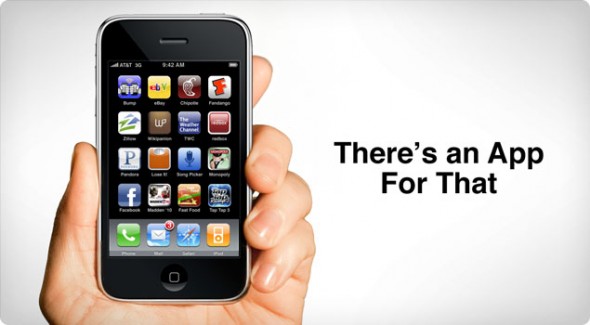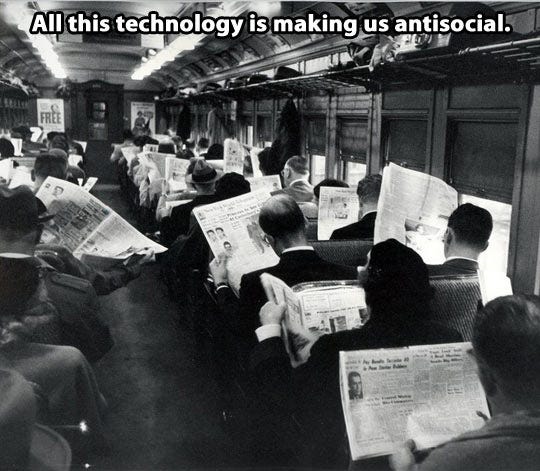"How to Thrive Online" is a text written by Howard Rheingold about technology in modern society and its tremendous impact. Rheingold talks about topics such as focus, attention span, and learning in a classroom setting among many others. While Rheingold inherently believes technology has a positive impact on knowledge in our society, he argues that the overload of information can have negative effects.

An interesting subject that Rheingold brings up is the core, scientific reasons why staying connected all the time is addictive. Rheingold uses the term "dopamine squirt" to refer to the hormonal stimulation the brain receives when engaging in frequent social media. Social media, at it's core, is about connecting people. Social media websites are meticulously crafted and engineered to remove the awkward long pauses and small talk normal conversation might have, and makes engaging with other people more fun. Streamlining this engagement makes the brain pump out frequent bursts of dopamine, enough to the point that not being on social media and not making those engagements feels boring.
Rheingold presents a broad range of information about how the mind is altered when we become too comfortable with the easily-accessible technology that surrounds us. He cites the research of many noted psychoanalysts and researcher and this shows the reader that extensive research went into the development of this text.
Source
Rheingold, Howard. Net Smart: How to Thrive Online. MIT Press, 2012.



 It seems that the person who tweeted this comment and image is in Moscow, Russia. Even then, who knows if this image was doctored or altered in any way?
It seems that the person who tweeted this comment and image is in Moscow, Russia. Even then, who knows if this image was doctored or altered in any way?